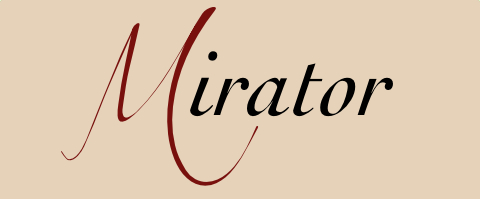Nobody’s fífl
Representations of intellectual disability in Old Norse-Icelandic literature
Nyckelord:
Hreiðarr, Helgi Ingjaldsfífl, Hreiðars þáttr, Icelandic sagas, Disability history, Finnboga saga ramma, Gísla saga Súrssonar, Flóamanna saga, Medieval Iceland, Intellectual impairment, Intellectual disabilityAbstract
This article explores conceptions of people with intellectual impairments in medieval Iceland. Focusing initially on the etymology and connotations of the Old Norse words used to describe intellectual impairments and people with intellectual impairments, the article moves on to examine depictions of intellectually impaired people in the Íslendingasögur. The article cross-references examples of characters considered by others to be intellectually impaired in Hreiðars þáttr, Gísla saga Súrssonar and Finnboga saga ramma, and impersonations of characters considered to be intellectually impaired within Gísla saga Súrssonar and Flóamanna saga, with the legal clauses in Grágás which relate to the existence and extent of intellectual impairments. The article concludes with an analysis of the evidence presented, which highlights some promising areas for future research.





